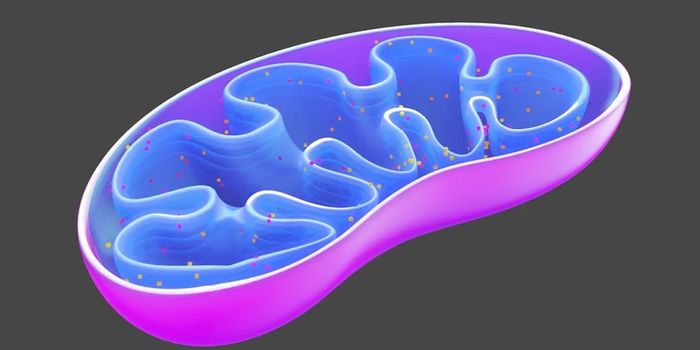Why do only 2-5% of individuals genetically susceptible to celiac disease actually end up developing this autoimmune disorder? Also, why has there been an increase in celiac disease prevalence in the past few decades?
Scientists from the Digestive Health Research Institute (DHRI) at McMaster University in Canada have possibly answered these questions in their recent
American Journal of Pathology paper where they used humanized mice models to examine the role of gut microbiota in celiac disease pathology.

The
U.S. National Library of Medicine reports that 30% of the general population have the gene variants causing susceptibility to developing celiac disease, but only approximately 3% of these people end up developing the disease. Until the results of the DHRI study were published today, the explanation for this differents in statistics did not extend past "environmental factors and changes in other genes."
The humanized mice models in the DHRI study had varying amounts of gut microbiota. The mice genes were also manipulated to express human gene DQ8, making them susceptible to inflammatory responses in the presence of gluten. After treating the mice with gluten, scientists observed varying responses of mice according to the content of their gut microbiome. The looked for the following as a response to potential gluten allergy development:
- intraepithelial lymphocytes (IELs), an early marker of celiac disease
- cell death in cells lining GI tract (enterocytes)
- anatomical changes in GI tract villi
- anti-gliadin (gluten component) antibodies
- pro-inflammatory T lymphocyte response to gliadin
All of these signs were highly present in mice with no gut microbiota ("germ-free").
"Our data argue that the recongized increase in celiac disease in the general population could be driven by perturbations in intestinal microbial ecologies," explains lead investigator Elena F. Verdu, MD, PhD. "Specific microbiota-based therapies may aid in the prevention or treatment of celiac disease."
The scientists were also able to prove that the response in germ-free mice was gluten-specific after a non-gluten protein, zein, did not impact IEL numbers.
"These studies demonstrate that perturbation of early microbial colonization in life and induction of dysbiosis enhances the severity of gluten-induced responses in mice genetically predisposed to gluten sensitivity," Verdu adds.
If disturbing the natural dynamic of our gut microbiota is enhancing gluten-induced responses in susceptible people, then what actions are to blame for this disturbance?
In a lengthy study in
Genes & Nutrition in 2011, scientists examined the importance of gut microbial diversity as related to disease and human health. The results listed widespread antibiotic use as the major cause of increased disturbance in microbial diversity. Results included probiotic therapies as a potential counter to this disturbance.
In addition to research on the gluten autoimmune response in patients with celiac disease, research also continues in the realm of a more vague, less understood non-celiac
gluten sensitivity.
To learn more about celiac disease pathology, check out the following video:
Source:
Science Daily










